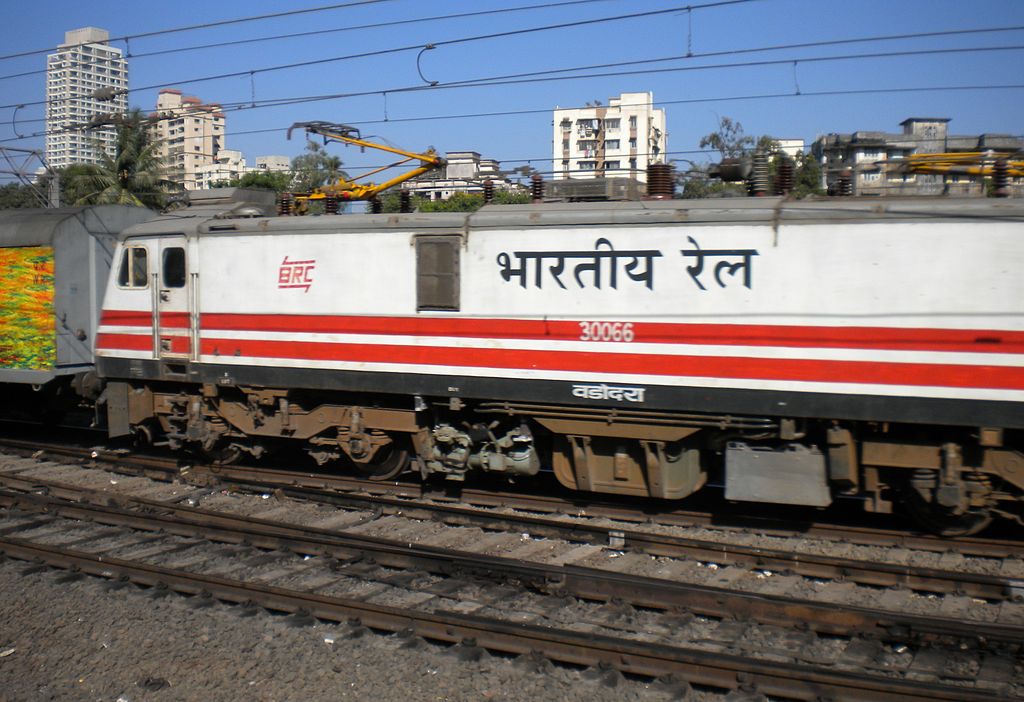Through mega-scale projects that could significantly cut short travel time on intercity routes, Indian Railways has big plans for passengers starting this year.
From identifying high-speed corridors across the country to possible construction costs for the same, Railways Minister Piyush Goyal has reportedly directed the railway board to chalk out various strategies to commence the work early this year.
According to Times of India, over 10,000 km dedicated to new high-speed corridors – that can handle trains running at speeds between 200-250 km per hour – is under consideration by the minister, who is expected to make this announcement in April 2018.
One reason behind this push for high-speed corridors is the financial unfeasibility of using Bullet Trains (which run at 350 km/h) on overnight routes.

In such routes, it is enough for the trains to begin the journey at night, and reach a few hours before the official day begins at 9 am – something that trains running at 200 km/h can easily achieve.
The Railways ministry also intends to slash the construction costs of the project by more than half – in comparison to the present approximately Rs 100 crore per km. This it aims to do by considering alternative options like single pillars, two-track corridors atop national highways and utilising existing railway land.
You may also like: Not Officers or Ministers, Railways Sends 100 Junior Staff for Foreign Holiday!
“This will significantly reduce the cost of land acquisition, which is a major component of the expenditure incurred on any project after the new act was enforced,” a senior official told TOI.
Alongside, the national transporter is even considering the possibility of employing high-speed trains for shorter journeys that can emerge as cheaper alternatives for travellers – instead of airlines.
“At present intercity train between Mumbai and Pune take around three hours. If we can bring down the travel time to an hour or an hour and a half, then passengers are likely to use the high-speed train,” another railway official added.
Like this story? Or have something to share?
Write to us: contact@thebetterindia.com
Connect with us on Facebook and Twitter.
NEW: Click here to get positive news on WhatsApp!
If you found our stories insightful, informative, or even just enjoyable, we invite you to consider making a voluntary payment to support the work we do at The Better India. Your contribution helps us continue producing quality content that educates, inspires, and drives positive change.
Choose one of the payment options below for your contribution-
By paying for the stories you value, you directly contribute to sustaining our efforts focused on making a difference in the world. Together, let's ensure that impactful stories continue to be told and shared, enriching lives and communities alike.
Thank you for your support. Here are some frequently asked questions you might find helpful to know why you are contributing?

